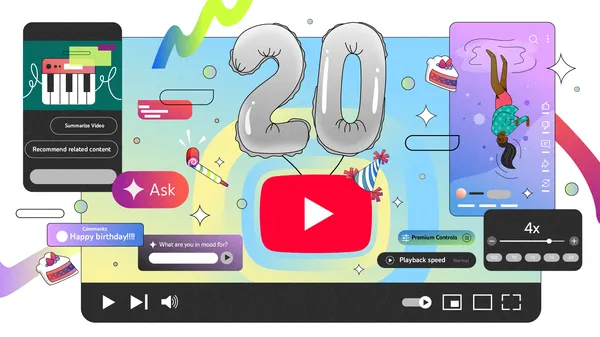What’s changing
Who’s impacted
Why it matters
Getting started
- Admins:
- Visit the Help Center to learn more about leveraging built-in Workspace data protection controls, such as AI classification, data loss prevention (DLP), information rights management (IRM), and client-side encryption (CSE), to help identify sensitive data, apply classification labels, and restrict access.
- If you have Business Starter and sign up for Frontline Plus, you can't manage shared drives. To continue to manage shared drives for your non-Frontline users, upgrade to a Business Standard or higher edition.
- End users:
- To get the most out of the AI features included with your Frontline Plus license:
- Visit our Gemini resources hub and download the Prompting 101 ebook for guidance on building effective AI prompts and real-world examples of how to use generative AI across various roles.
- Find tips on how to use generative AI at work in the Workspace Learning Center.
- Access our no-cost online learning courses and discover how Gemini can boost your productivity in Gmail, Chat, Meet, and more.
Availability
- Available everywhere Google Workspace is sold to Google Workspace customers with users who meet our Frontline edition eligibility requirements.
Resources
Google Workspace Admin Help: Frontline edition eligibility requirements
Google Workspace Learning Center: Generative AI training & help
.gif)
.png)
.png)
.png)
 Posted by the Google I/O team
Posted by the Google I/O team

 Today is YouTube’s 20th birthday! It’s hard to believe two decades have gone by since this 19-second clip started it all. To celebrate, here are three new features that …
Today is YouTube’s 20th birthday! It’s hard to believe two decades have gone by since this 19-second clip started it all. To celebrate, here are three new features that …